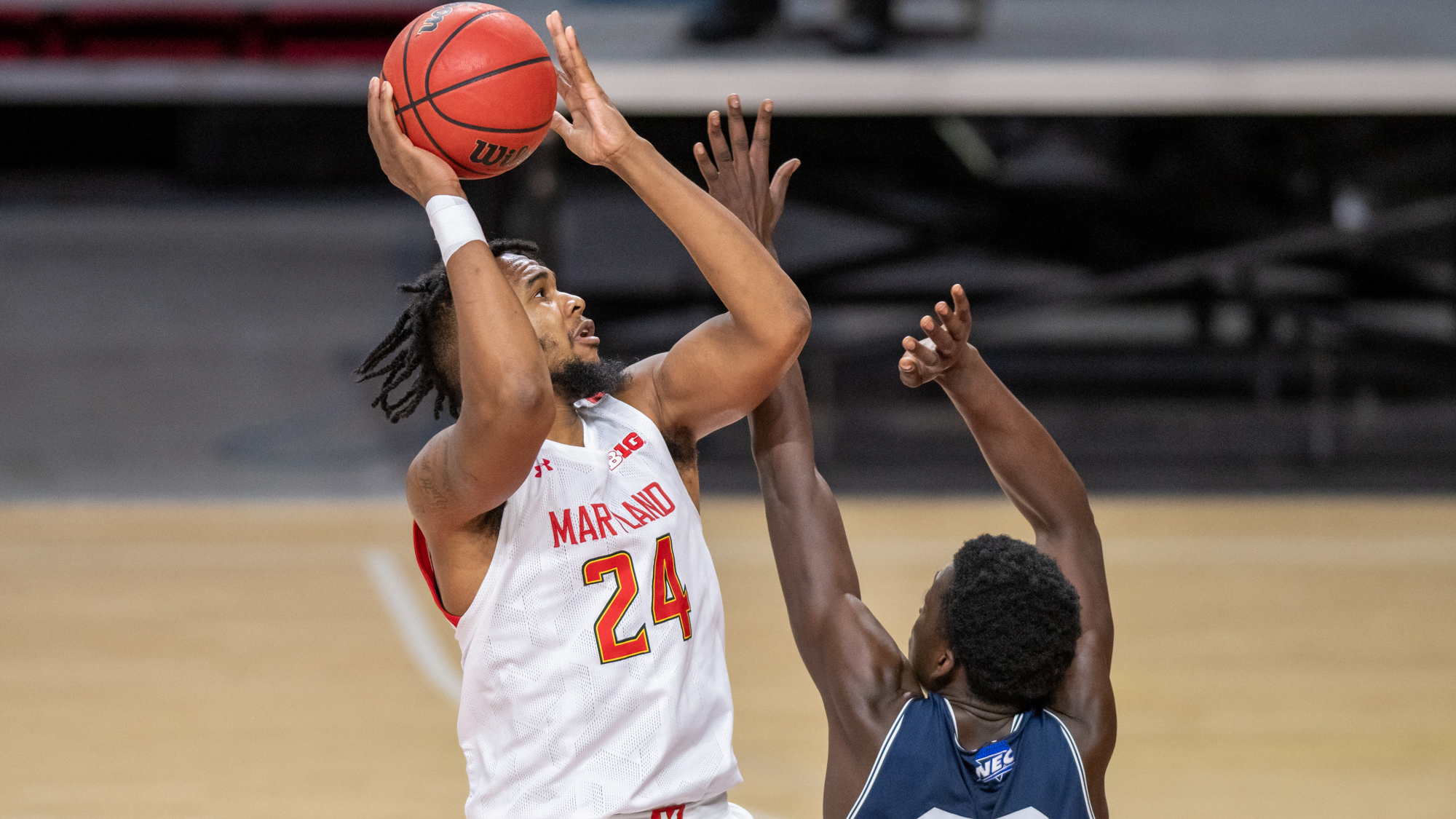Views expressed in opinion columns are the author’s own.
Now that we’re full swing into this year’s unconventional season of college sports, it’s become clear which schools truly value their players. Regardless of game postponements due to COVID-19 outbreaks — which, let’s be honest, we all knew were going to happen — the show apparently must go on. Ignore the fact the U.S. currently has over 13 million reported cases of the virus. Ignore the fact the pandemic disproportionately impacts populations of color, no less during a time of extremely high racial tensions. For athletic powerhouses in the marquee conferences, revenue is clearly more important than the well-being of athletes of color.
Given this long-standing pattern of neglect, it’s not totally surprising that some Black athletes are forgoing contracts with high-profile schools, instead committing to historically Black colleges and universities. Take five-star basketball recruit Makur Maker, for example. Maker committed to Howard University over UCLA and the University of Kentucky, citing a desire to broaden the appeal of HBCUs to other elite nonwhite athletes.
Whereas predominantly white institutions have drawn criticism for exploiting Black athletes, HBCUs have historically prioritized their holistic development into people, not sources of profit. But in order to change the culture of inequity in college sports, historically Black institutions need more financial and legislative support.
Combined revenue for the Power Five conferences surpassed $2.9 billion in the 2019 fiscal year. In the most profitable Division I sports, men’s football and basketball, head coaches — around 80 percent of whom are white men — certainly reaped the rewards of their teams’ hard work. The players on these teams, who are around 50 percent Black, are not so fortunate. Not only do Black athletes generate immense revenue, for which they receive zero compensation, but they must do it while they too often endure a culture of intimidation and discrimination facilitated by complacent coaches and administrators.
On the other hand, HBCUs have proven to be more welcoming spaces for Black athletes. Amid the rise of COVID-19, Morehouse College — a Division II HBCU — was the first scholarship program to cancel football this season. Division II, which contains many conferences with HBCUs, subsequently followed suit, canceling all fall championships out of concern for their players’ safety. In contrast, all the Power Five conferences returned to some level of fall sports despite high spikes in the virus.
So, it’s understandable why some Black athletes feel their health and humanity are actually valued at HBCUs. And when top recruits like Maker commit to HBCUs, it brings much-deserved attention to their programs, both athletic and otherwise, which has a direct impact on revenue through increased media attention, primetime TV spots and increased enrollment rates.
But for this to happen, HBCUs need significantly more support. HBCUs have historically been underfunded relative to predominantly white institutions. On a local scale, Gov. Larry Hogan vetoed a bill allocating $577 million to HBCUs as a lawsuit settlement against Maryland in May. Ironically, the lawsuit alleged the state systematically gave fewer resources to HBCUs by funding similar programs at predominantly white institutions instead.
Another way to further support HBCUs — without having to confront the question of scraping up funding during a pandemic — is to give them more autonomy. For instance, HBCUs in Maryland are seeking independence from the University System of Maryland. Supporters of the bill assert the system hasn’t necessarily worked in the best interests of HBCUs in the past. Allowing HBCUs to control their own governance, rather than being controlled by a predominantly white system, is a major step toward fixing inequity in higher education — including disparities in college sports.
The more support given to HBCUs, the more appealing they become to prospective students. Even a single top recruit has significant power to fuel this cycle by choosing to commit to an HBCU over higher-profile athletic programs. HBCUs ultimately allow Black athletes to flourish as players without the cost of exploitation by overwhelmingly white institutions and coaches.
Allison Cochrane is a senior biology major. She can be reached at allisonc@umd.edu.



